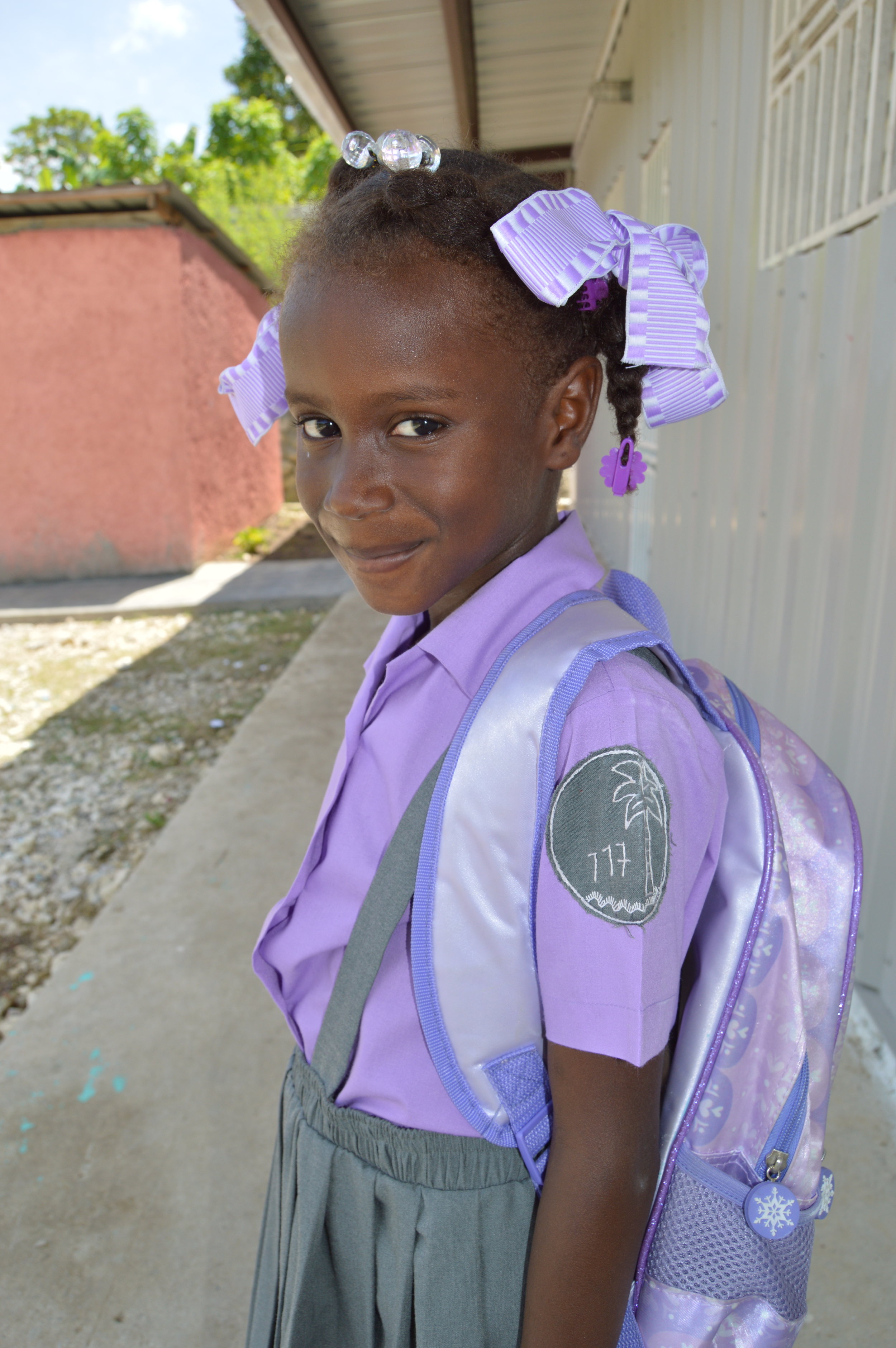By Sarah Smith
From the very beginning, we’ve been undeniably for the left behind at Project 117. In a place like Haiti, the concept of the left behind isn’t clearly defined. It’s layered and nuanced and complicated. It would be easy for us to focus on one statistic and pour all of our energy into changing the narrative around that one statistic. 23% of children in Haiti don’t attend school. There’s no question in our minds that this is wrong. Every single child should have the opportunity to attend school, to learn about the world around them, and to walk through doors that can only be opened through education.
But at Project 117, we’re also passionate about changing the narrative of injustice as a whole. The 23% statistic is just one part of that. When we look at Haiti, one of the things that breaks our heart the most is the injustice we see surrounding the gender roles there. Women and girls have significantly less opportunity to change their personal narratives and live into the amazing things that God’s got in store for them. They’re constantly being told what they’re capable—and not capable—of. They’re the victims of violence and attitudes that they have no control over.
But we know that they are prodigies, waiting to discover their true purpose. When we see the world telling them differently, our heart breaks and we know we must do something to change that. We want our girls to walk through the gate to our school and walk into a place where they’re believed in. We want them to see their classrooms as departure points, where they learn about the work that needs to be done and they’re equipped with the skills and self-confidence to do that. When the world tells them that they’re not prodigies, we want them to know that they are—being daughters of the King is the only qualifier they need.
Re-writing the story of gender injustice in Haiti isn’t just about educating and empowering our female students. It’s about educating our boys, as well. They’re living in a culture that normalizes sexual violence and tells them that their power over women is a mark of success. It’s our goal to make sure that they know that every single person—male or female—is a child of God. We’re teaching them to read and write, to develop creative solutions to the problems facing their community, and—maybe most importantly—to see Jesus in everyone they meet. When our boys begin to see Jesus in their female classmates, they will be at the center of the changing attitude surrounding women in Haiti.
This year, we have 102 primary students enrolled, each of them created by a God who loves them deeply. 56 of them are girls. All of them are prodigies.






